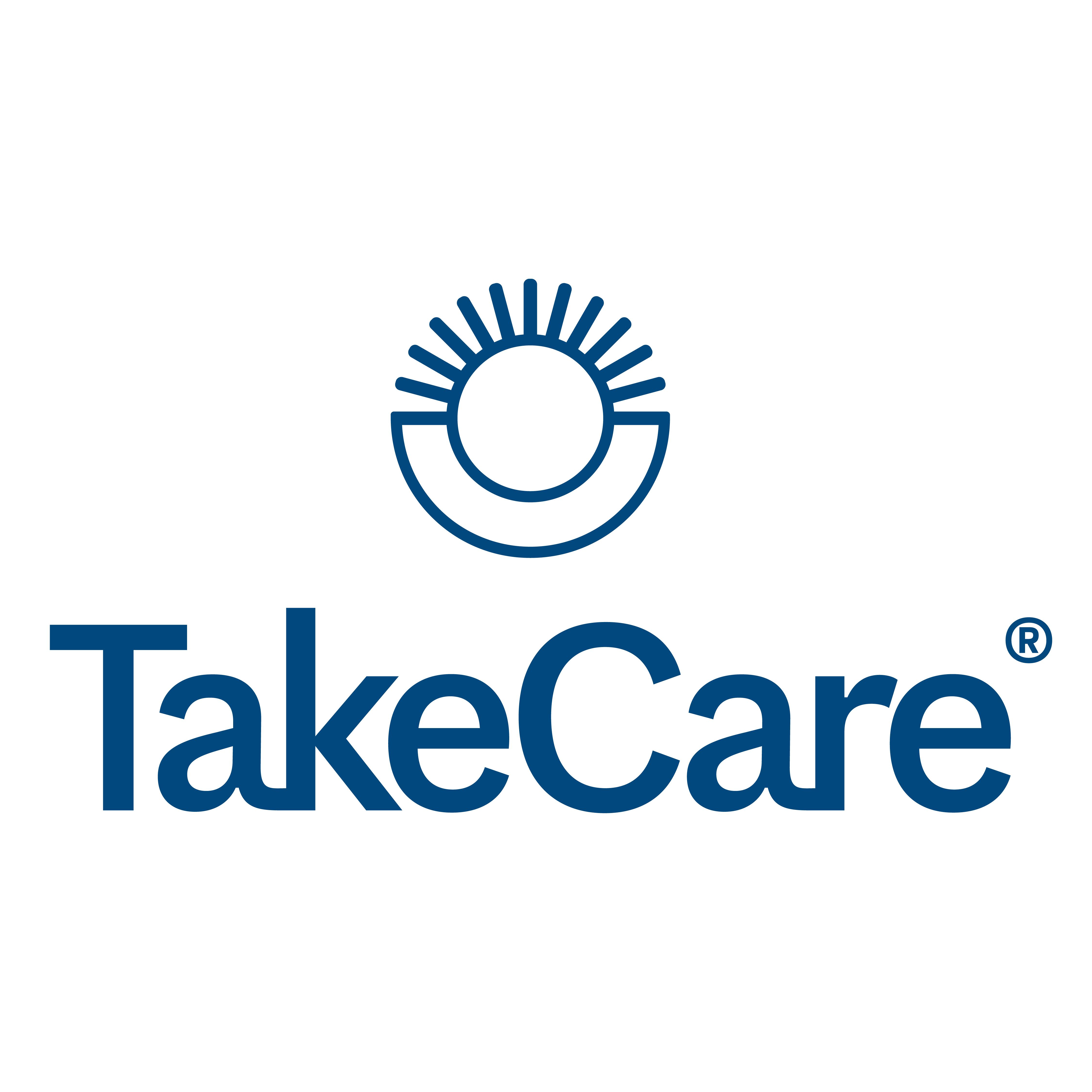When Rayne was 8 years old, she experienced multiple traumatic experiences simultaneously. Within a short timeframe, Rayne’s parents separated, her beloved aunt passed away after suffering from a long, debilitating disease, and she lost her grandfather. Rayne felt like her world was falling apart. She soon developed vitiligo, an autoimmune disease often triggered by stress, which causes pigment-producing cells to die off. Pale white splotches appeared on her face.
Rayne’s journey is portrayed in a new short film, “Flowing Freely,” and I had the honor of serving as a Health Advisor on the film. It’s part of TakeCare, a national initiative rooted in science that provides the reflection, motivation, and implementation to inspire people to create health and well-being in their lives. In my role as a pediatrician, I’ve worked with many children who have experienced similar trauma to Rayne’s and I’ve witnessed their resilience.
Understanding the Stress Response
Stress can really get under our skin. There is positive stress, such as being excited about a soccer match or anticipating the first day of school. But the toxic stress caused by overwhelming experiences that are difficult to understand can impact our bodies. This can cause inflammation, increased blood pressure, and increased heart rate.
Although Rayne did get treatment for her vitiligo, there are other things outside of her medical treatment that allowed her to control her response to these stressful events and find quiet. As a mindfulness activity, Rayne turned to journaling to understand and deal with her pain – a technique that not only helped Rayne build her confidence and raise her self-esteem, but even culminated in a book that would help others on a similar journey. Rayne’s journaling enabled her to achieve “self-regulation” – creating an emotional and physical shift in her body. When we partake in mindfulness activities, our heart rate, blood pressure, and anxiety level decrease, allowing us to think clearly and respond appropriately.
“Rather than walk around with this in my head, just weighing me down, I would write [my thoughts] down in my journals, and I would see how that lifted so much weight off of me,” Rayne says in the film. “Journaling helped me get it all out. It was somewhere that I felt comfortable letting everything out, emptying my brain, emptying my mind, and just flowing freely.”
I recommend that children and families find a mindfulness activity that they enjoy and that helps them get in touch with their emotions – whether it’s journaling, meditation, yoga, or just taking a walk in nature.
Support Systems Lift Us Up
Leaning on supportive family members or friends is another crucial strategy. Rayne’s mother is a great example of how a supportive presence helps us understand our feelings, work through them, and begin to heal. It was clear from the film that Rayne is cherished by her parents and that she could count on them for support.
Talking with her daughter, Rayne’s mother shared some of her insecurities about her own appearance, and this intimate conversation inspired Rayne to use her journaling skills to write a children’s book about her journey. When the book, entitled “Perfectly Different,” was published, Rayne said, “I was excited and so proud of myself because I was able to impact someone’s life” by sharing her life lessons.
“Vitiligo really changed my relationship with myself,” Rayne says, reflecting on her journey. “Writing my feelings down has helped me to be able to truly look at myself and say that I am beautiful, I am smart, I am strong – to be able to say those things and actually feel it.”
You can read this blog on TakeCare.

Dayna Long, MD is an advisor on the film, Flowing Freely, as a part of The Healthy US Collaborative’s TakeCare Campaign. She is a Professor of Clinical Medical and co-Director of the Center for Child and Community Health at the University of California San Francisco Benioff Children’s Hospital Oakland.


